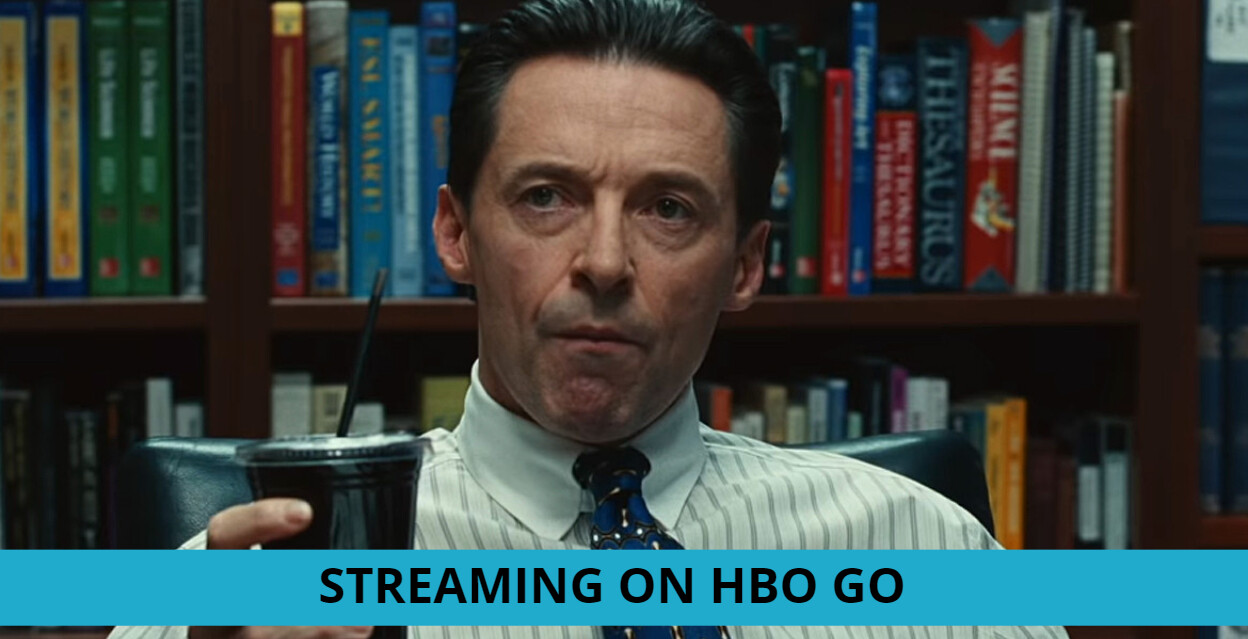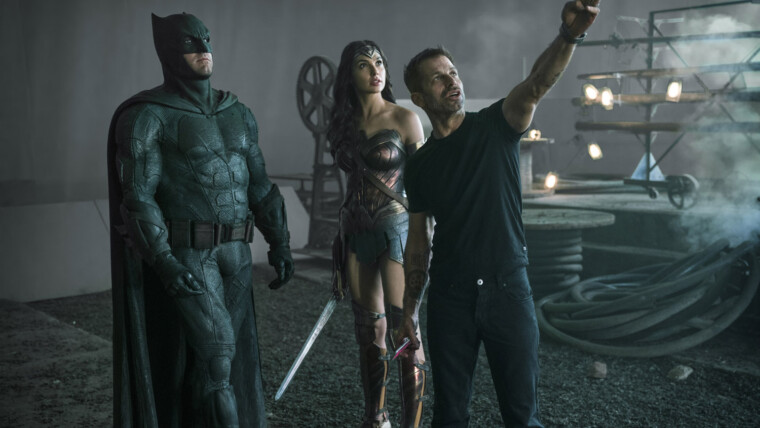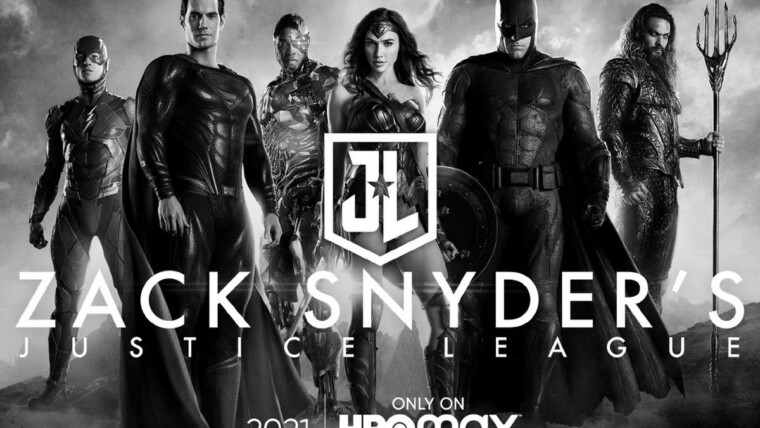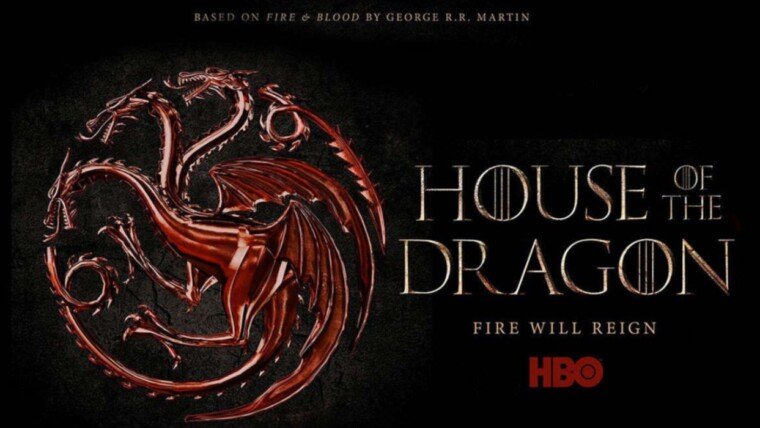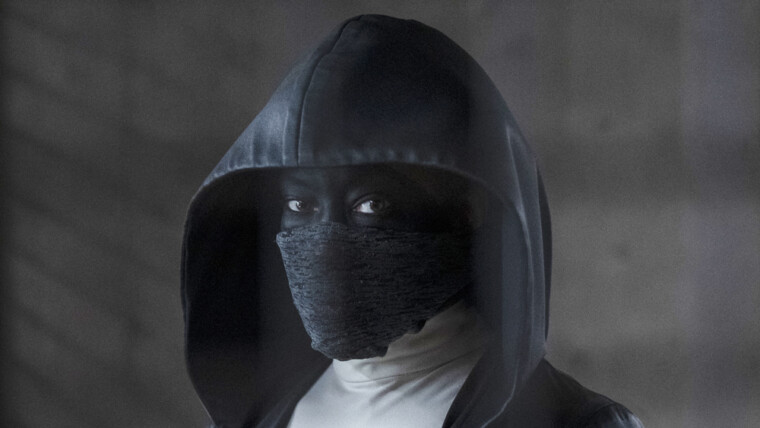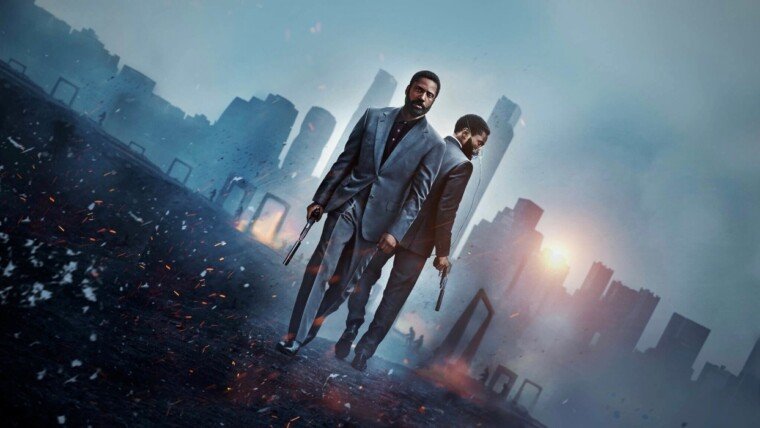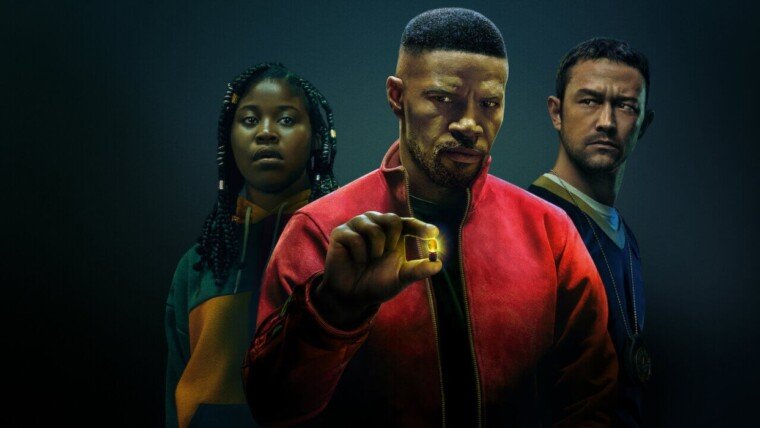When you think the rise and fall of criminal enterprises you think capricious druglords, violent mobsters and arrogant, cocksure Wall Streeters. I’m almost certain that the words “school teacher” or “district superintendent” would never come to mind. That being said, the direction that cinematic crime dramas have taken in the last few years seemed to be leaning into stories of the white-collar variety. Where the genre’s godfathers (pun intended) of the 90s and 80s emphasized the family ties, powerplays and wars that came with the life, the 2010s brought a greater focus into the criminal methodology. Beginning in earnest with 2013’s The Wolf of Wall Street and American Hustle before picking up speed with films like The Big Short, Spotlight and Vice. Don’t get me wrong, the time-tested staple of tough-guy gangsters aren’t going extinct anytime soon. There is, however, a growing fascination with the how’s and who’s of the operation.
https://www.youtube.com/watch?v=ZVffM3OZkH8
HBO’s original film Bad Education furthers the white-collar crime subgenre canon with its exploration into school funds misappropriation and distinct level scandal. The film is centred around Hugh Jackman’s Dr Francis A. “Frank” Tassone, a superintendent of a wealthy school district in Long Island. Throughout his illustrious career, Tassone has propelled the Rosyln school district to new heights and prosperity. A charismatic educator and hardworking civil servant, Tassone has earned the trust and funding of Rosyln’s parents.
I’m sure you can smell where this is going. When his assistant superintendent, Pamela Gluckin is caught with her hands in the school district cookie jar, a massive conspiracy begins to unravel. Tassone must now do everything in his power to cover up a massive embezzlement scheme that threatens his reputation and the district’s as well. The only thing standing in his way is a high school newspaper reporter, Rachel Bhargava.
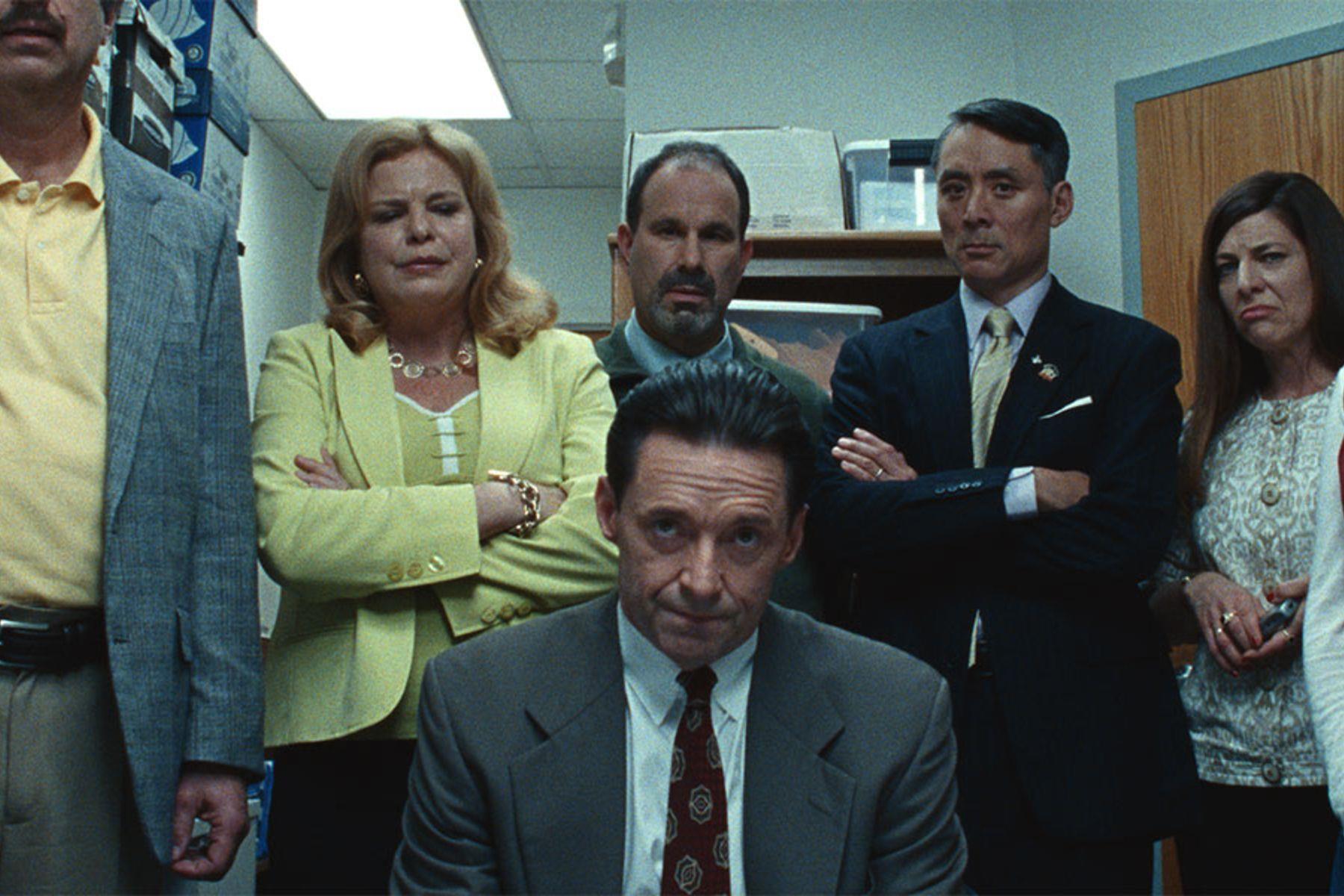 Director Cory Finley and writer Mike Makowsky carry no delusions of grandeur with regards to the film’s subject matter. Unlike Adam McKay’s The Big Short, Bad Education doesn’t have the luxury of resting on the magnitude of the crime itself. Sure misappropriating millions of dollars worth of school funds is a shitty thing to do but it isn’t exactly world-ending. Thankfully Finley and Makowsky use the limited scale of the film’s premise to their advantage. For one, the Rosyln school district scandal is made infinitely more accessible in comparison to films like Margin Call or The Big Short. There aren’t a million and one new jargons to learn or a lot of numbers to memorize. Rather the whole thing can be seen as a series of lapses in judgment that line up like a clear set of dominoes.
Director Cory Finley and writer Mike Makowsky carry no delusions of grandeur with regards to the film’s subject matter. Unlike Adam McKay’s The Big Short, Bad Education doesn’t have the luxury of resting on the magnitude of the crime itself. Sure misappropriating millions of dollars worth of school funds is a shitty thing to do but it isn’t exactly world-ending. Thankfully Finley and Makowsky use the limited scale of the film’s premise to their advantage. For one, the Rosyln school district scandal is made infinitely more accessible in comparison to films like Margin Call or The Big Short. There aren’t a million and one new jargons to learn or a lot of numbers to memorize. Rather the whole thing can be seen as a series of lapses in judgment that line up like a clear set of dominoes.
Furthermore, this allows the film to take greater creative liberties in adding more substance to most of the key players of the scandal. The bulk of the film is dedicated to the two co-conspirators of the embezzlement scheme, Superintendent Tassone and his assistant Pamela Gluckin. Allison Janney does absurdly well as the ever-hateable, smug Gluckin. Janney brings such nervous energy to the character while still being able to put up a fairly believable facade. Truth be told, it’s easy to mistake her quietude for introversion when in reality, the vernier of unsung administrator and careful confidant harbours a sinister secret. Makes you wonder whether or not the silent ones in your office are keeping illegal secrets of their own.
The shining star of Bad Education, though, is undoubtedly Hugh Jackman’s Dr Tassone. Think Robin Williams’ John Keating from Dead Poet Society if he was an egotistical sociopath. The most mesmerizing thing about Jackman’s performance is how he turns his own charisma against himself. Every heartwarming encouragement and fatherly piece of advice is pure calculus in this man’s sick brain. What starts off as adequately charming, if not slightly disingenuous, platitudes slowly devolve into a desperate defence mechanism. As his world unravels around him, he sinks deeper and deeper into this constructed, idealized version of himself. Even when he finally snaps, Tassone is still trying to be this inspirational mentor.
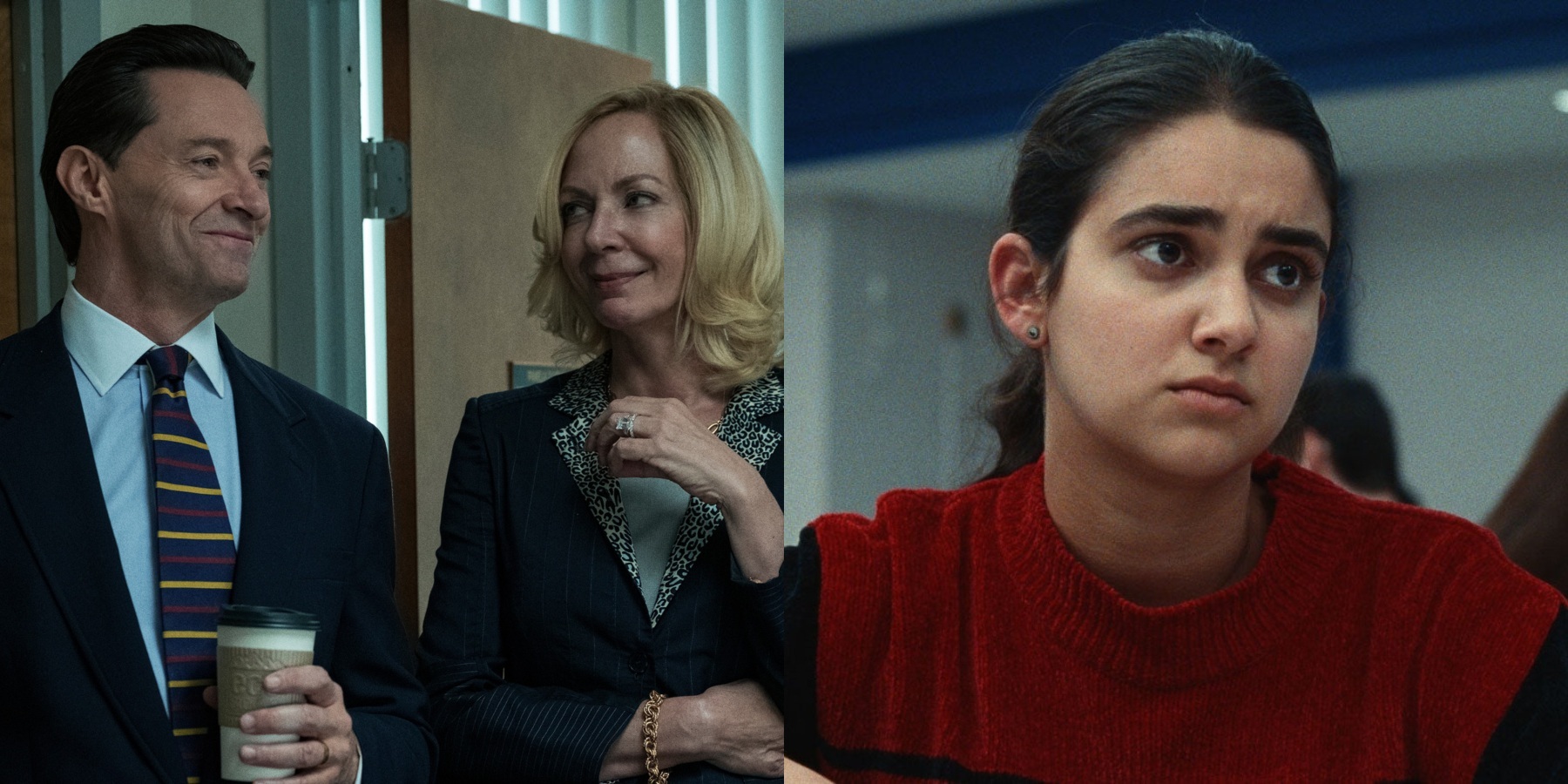 While the film’s characterization of Tassone and Gluckin score high marks, Bad Education falters in its depiction of Geraldine Viswanathan’s school reporter Rachel Bhargava. Viswanathan’s performance meets all the base demands of your headstrong, plucky truth-seeking lawman and nothing more. I truly do believe Viswanathan has more to offer as an actress. A mark of a truly gripping crime drama is when you can create a genuine conflict of interest within the audience. This conflict only arrives out of intrigue for both the cop and the criminal’s perspective. Bhargava’s lack of development makes the character feel more obnoxiously persistent than indignantly motivated. Between a charismatic, fabulous superintendent and a naggy teenage reporter, it’s not hard to see who I’m rooting for.
While the film’s characterization of Tassone and Gluckin score high marks, Bad Education falters in its depiction of Geraldine Viswanathan’s school reporter Rachel Bhargava. Viswanathan’s performance meets all the base demands of your headstrong, plucky truth-seeking lawman and nothing more. I truly do believe Viswanathan has more to offer as an actress. A mark of a truly gripping crime drama is when you can create a genuine conflict of interest within the audience. This conflict only arrives out of intrigue for both the cop and the criminal’s perspective. Bhargava’s lack of development makes the character feel more obnoxiously persistent than indignantly motivated. Between a charismatic, fabulous superintendent and a naggy teenage reporter, it’s not hard to see who I’m rooting for.
Bad Education is at its best when the film focuses on Tassone’s mental state over the actual details of the misappropriation of taxpayer money. There are moments when the cinematography plays as much of a character as Tassone. Keener eyes may notice how the film’s earlier scenes depict Tassone in a larger-than-life light. His position is squarely centred in the frame and there are multiple hotshot walking sequences that make it clear how much of a big man Tassone is on campus. Then, there are few scenes in which he’s framed off-kilter or in an awkward close-up. Scenes that have him dealing with stressful situations and cast him in a suspicious light. They foreshadow his eventual loss of control.
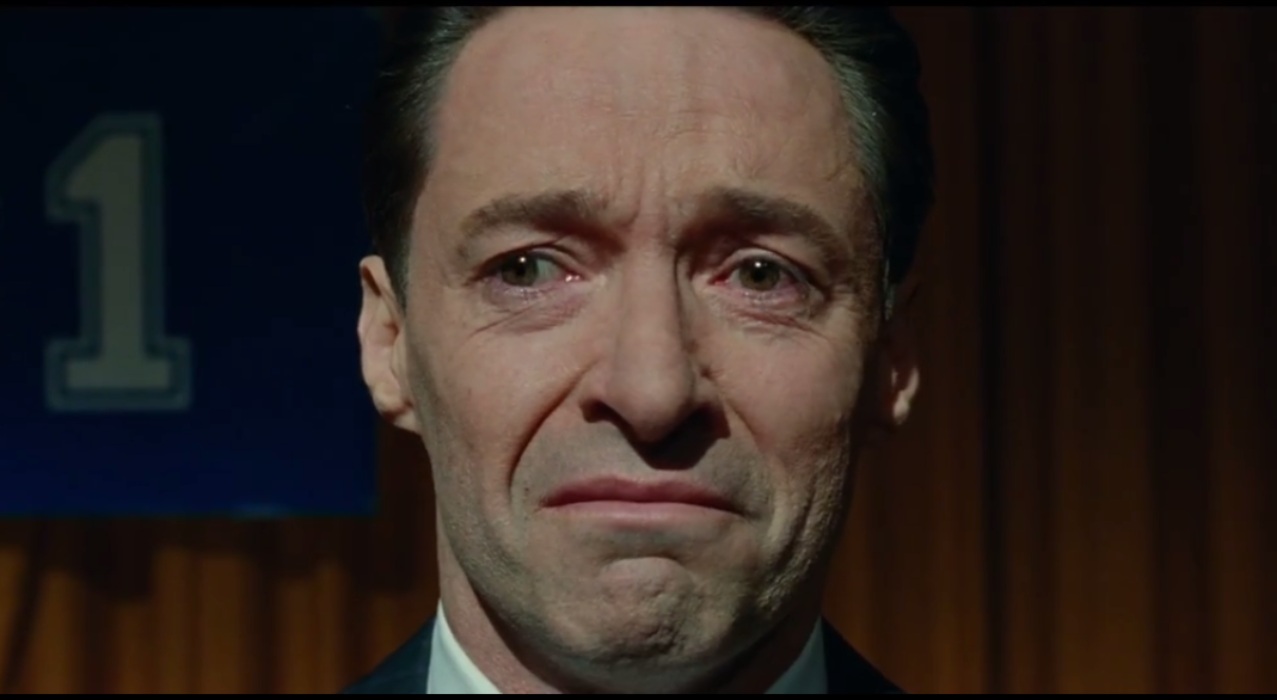 As the film progresses, these scenes become more frequent and the close-ups feel more claustrophobic than intimate. They capture the weariness of his countenance and the brewing rage below. The frames are quite literally shrinking. A visual shorthand to convey Tassone’s dire situation as reality, and therefore the camera, caves in on him. It all reaches full circle with a mockery of his triumphant opening scene. His view of himself is finally untethered from reality. There is no honour or glory. Only delusional fever dreams that end with despair.
As the film progresses, these scenes become more frequent and the close-ups feel more claustrophobic than intimate. They capture the weariness of his countenance and the brewing rage below. The frames are quite literally shrinking. A visual shorthand to convey Tassone’s dire situation as reality, and therefore the camera, caves in on him. It all reaches full circle with a mockery of his triumphant opening scene. His view of himself is finally untethered from reality. There is no honour or glory. Only delusional fever dreams that end with despair.
Bad Education is the anti-Dead Poet Society. A cynical knock on the noble educator trope painfully delivered through smart writing, strong direction and powered by Oscar-worthy performances. This is Jackman’s strongest dramatic showcase since 2013’s Prisoners and is worthy of acknowledgement. Even if it is at the expense of younger cast members. Like Gyllenhaal with Nightcrawler or Tom Hardy with Bronson, Bad Education is a watershed moment in Jackman’s creative journey as a thespian. Now if you’ll excuse me, I’m going to go watch Freedom Writers in the hopes of restoring some faith in the American education system.
You now catch Bad Education on HBO Go streaming services today or at selected times on HBO’s channel.

